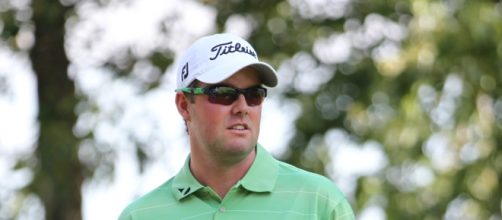When Marc Leishman, one of Australia’s top golfers announced his withdrawal from his “candidacy” to play at the Rio Olympics in August, Reuters reported that it was over the Zika virus and fears for the health of his wife. Audrey Leishman has been struggling to overcome Toxic Shock Syndrome since April 2015. The disease causes lowering of the immune system.
The virus can be sexually transmitted.
Even if Audrey does not go to Rio with Marc, there is a danger that if he contracts the virus, he could pass it on. Peter Hotez from the Baylor College of Medicine in the USA was quoted in Everyday Health as saying that the virus is a public emergency with “international” ramifications.
TheInitial reactionto the outbreak of the virus was muted as many people hardly know they have had the illness. Once it was established that Zika can cause microcephaly in babies, alarm bells started ringing. Since then, studies reported by Harvard Medical School show that there is now a possibility of transmitting the disease by sexual intercourse. People can, therefore, contract the virus even if they have never been bitten by a mosquito.
Further dangers emerge.
The latest development published by Sci-Tech Today reports that the Pacific Disaster Centre in Hawaii are doing what they can to help combat the virus. They are attempting to track the possible future migration of the disease. The added danger announced by the Harvard Medical School is the potential for the virus to cause an autoimmune disease known as Guillain–Barré syndrome (GBS).
According to Eurosurveillance, the syndrome was associated with a Zika virus outbreak in French Polynesia.
Guillain-Barre Syndrome.
The GBS is an autoimmune disease that can lead to weakness or paralysis of the region at the top of the legs and into the abdomen. There are known cases of respiratory failure as the respiratory muscles become weak. Recovery does occur but around 20% are left unable to walk.
Understandable reservations about Rio.
Sports fans and golfing enthusiasts will be disappointed to see Marc withdraw from Rio, but his reservations are understandable. Nobody would like to inflict the disease on their own family. The possibility of taking the virus back home is going to remain a concern until a vaccine is developed and the BBC point out that a search for “a vaccine is in the early stages”.
Marc is not alone in his decision. It was reported back in February by the Telegraph that the entire Olympic team of Kenya might pull out of the Rio event because of the threat of the virus.

